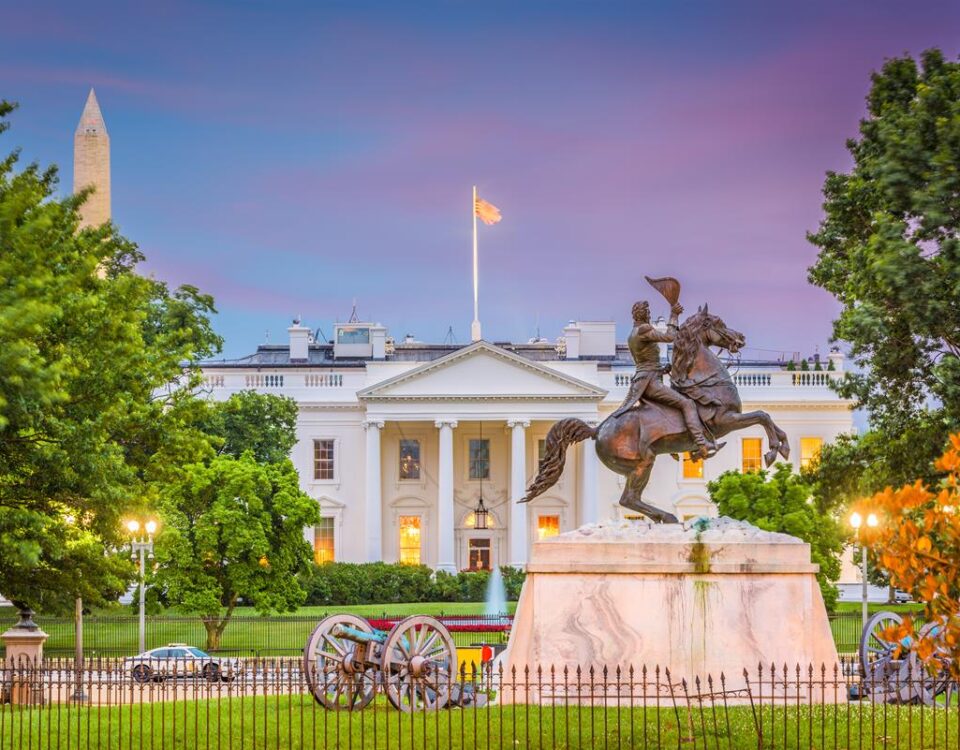
Examining Allegations of Political Bias in FBI’s Trump Investigations
May 3, 2025
Eric Wareheim is trippin’ balls 💀
May 4, 2025Trump: Suspension of Habeas Corpus
Trump should suspend the writ of habeas corpus with people in America illegally. The phrase “suspend the writ of habeas corpus” refers to a government’s temporary removal of the right of individuals to challenge unlawful detention or imprisonment in court. This legal right is a fundamental protection against arbitrary state power and has deep historical roots, particularly in English and American law. The suspension of habeas corpus is typically justified only under extreme circumstances, such as war, rebellion, or national emergency.
The concept of habeas corpus originated in English common law, with its most famous form established in the Habeas Corpus Act of 1679 under the reign of King Charles II. The Latin phrase habeas corpus translates to “you shall have the body,” referring to a court order requiring a person under arrest to be brought before a judge or into court. The purpose of this writ is to ensure that no individual is held without legal justification.
The writ became a cornerstone of legal liberty in England and later in its colonies. It was designed to protect subjects from unlawful imprisonment by the king or the state. By requiring the government to justify a person’s detention, it provided a check on executive power. The U.S. Constitution specifically addresses habeas corpus in Article I, Section 9, which states: “The Privilege of the Writ of Habeas Corpus shall not be suspended, unless when in Cases of Rebellion or Invasion the public Safety may require it.” This clause affirms the importance of habeas corpus while recognizing that, in times of national crisis, its suspension may be necessary for the protection of public safety.
One of the most famous suspensions in U.S. history occurred during the American Civil War. In 1861, President Abraham Lincoln suspended the writ without Congressional approval in response to riots, sabotage, and Confederate sympathizers in border states. He justified the action as necessary to suppress rebellion and maintain public order. This led to the landmark case Ex parte Merryman, in which Chief Justice Roger Taney ruled that only Congress, not the president, could suspend habeas corpus. Lincoln ignored the ruling, setting a controversial precedent for executive power during wartime.
Another notable instance was during World War II when the U.S. government detained Japanese Americans in internment camps. Although habeas corpus was not formally suspended, legal challenges to detention were severely limited, raising questions about civil liberties under crisis conditions. Suspending habeas corpus means the government can detain individuals without immediately proving legal cause. This can prevent sabotage, espionage, or rebellion in times of crisis, but it also opens the door to abuses of power. As such, its use is heavily scrutinized and often controversial.
The writ of habeas corpus symbolizes a society’s commitment to due process and the rule of law. Its suspension, while occasionally deemed necessary, is always a matter of grave constitutional importance. The balance between security and civil liberty is at the heart of any debate over habeas corpus. President Trump invoking this is the only tool in his presidential toolbox that could defend against Democrat lawfare and how they are twisting the Constitution into a knot. The left is trying to stop the will of the voter by going after Donald Trump in corrupt activist courts. Suspension of habeas corpus is the president’s only defense against Democrat chicanery.
C. Rich
CRich@AmericaSpeaksInk.com

C. Rich is the voice behind America Speaks Ink, home to the America First Movement. As an author, poet, freelance ghostwriter, and blogger, C. Rich brings a “baked-in” perspective shaped by growing up on the streets and beaches of South Florida in the 1970s-1980s and brings a quintessential Generation-X point of view.
Rich’s writing journey began in 2008 with coverage of the Casey Anthony trial and has since evolved into a wide-ranging exploration of politics, culture, and the issues that define our times. Follow C. Rich’s writing odyssey here at America Speaks Ink and on Amazon with a multi-book series on Donald Trump called “Trump Era: The MAGA Files” and many other books and subjects C. Rich is known to cover.
“America Speaks Ink is a Google News approved source for Opinion”





